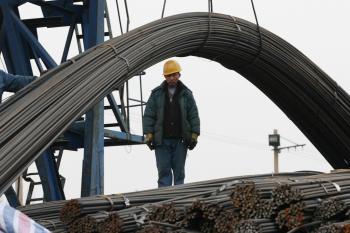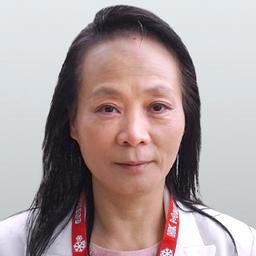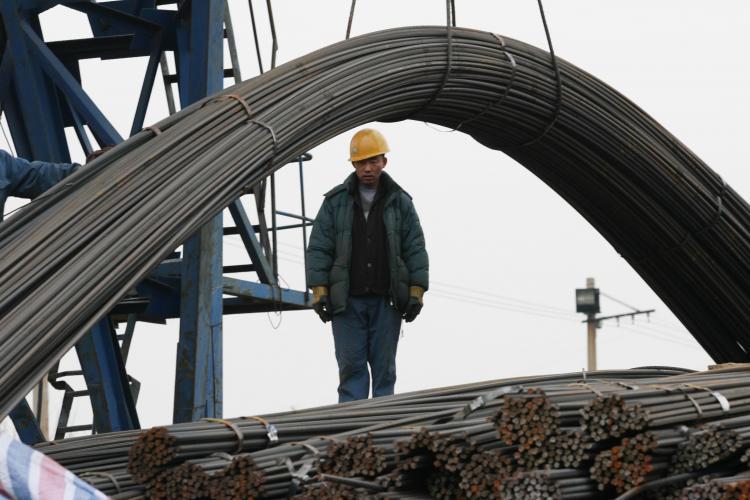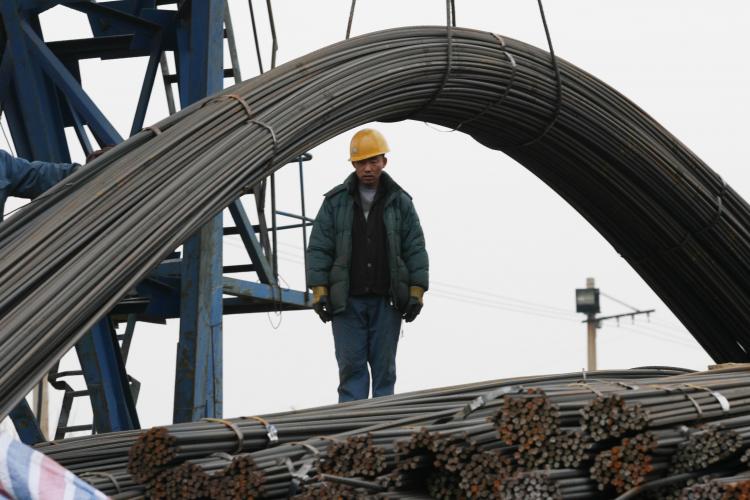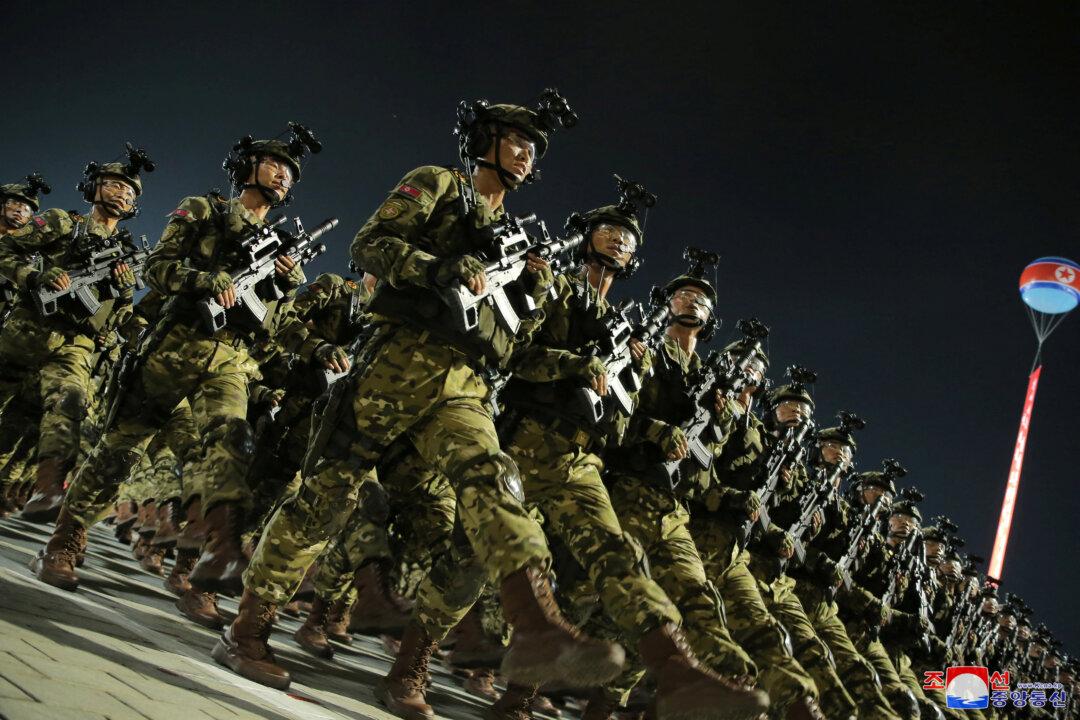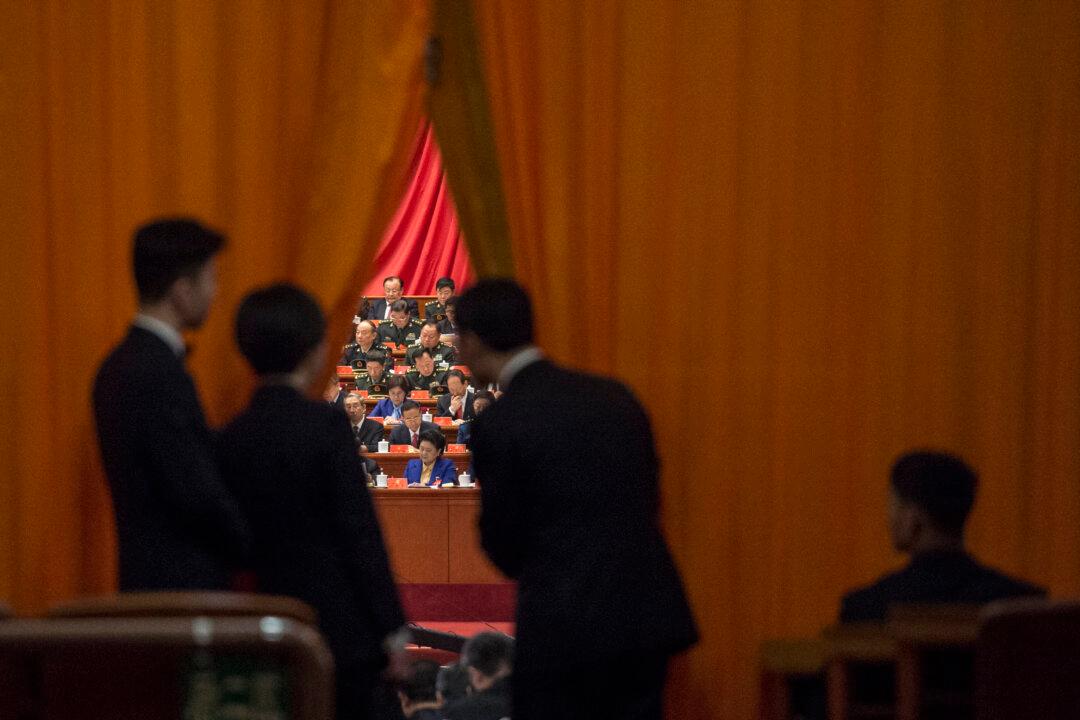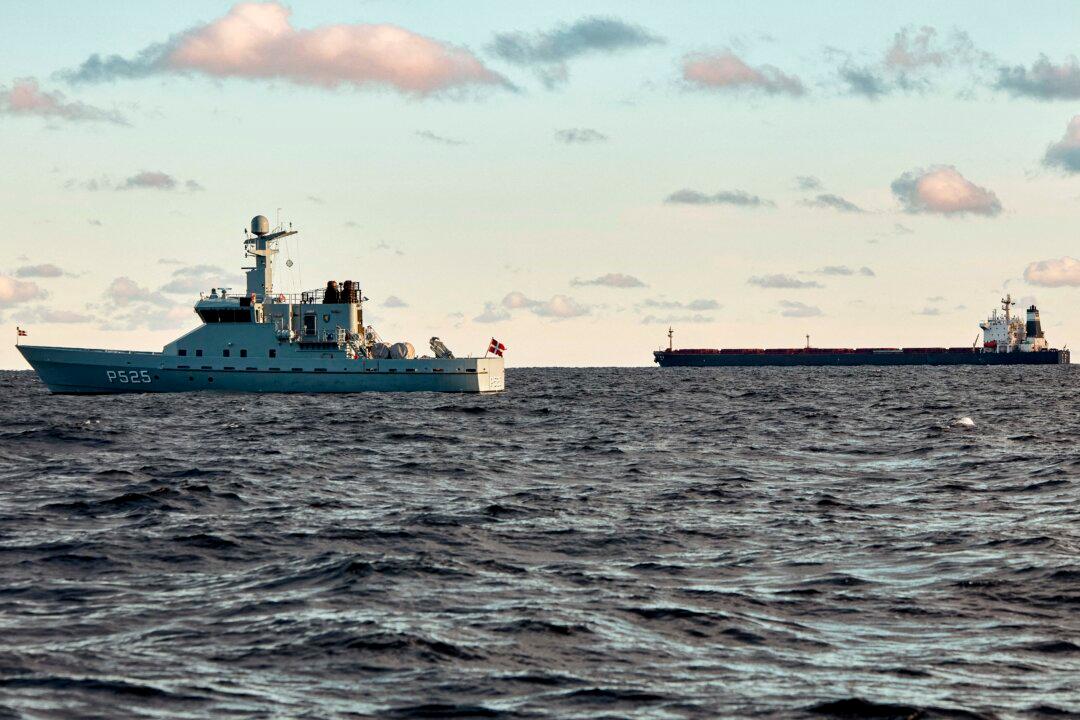The arrest of four Rio Tinto executives by the Chinese regime continues to generate momentum, and the fate of one Chinese born, Australian executive, Stern Hu, is the center of attention.
The arrest prompted a heated discussion about China’s investment environment in the international community. Former Chinese diplomat Mr. Chen Yonglin, who worked for the Chinese Minister of Foreign Affairs for 14 years, shared his insights on this matter with The Epoch Times.
Beijing’s ‘Tit for Tat’ Game
According to Chen’s analysis, there are several factors behind the regime’s move against Rio Tinto in China.
First, the regime was angry after state owned Aluminum Corp., known as Chinalco, was snubbed when negotiating a stake in Australia’s Rio Tinto.
Second, the regime is taking action to avenge Western media’s extensive coverage exposing Chinese international espionage activities in recent years.
Chen cited a recent Chinese court’s sentencing of former head of the Xinhua foreign affairs bureau, Yu Jiafu to 18 years in prison. Yu Jiafu supplied Japan and South Korea with information that was already commonly known. Chen thought this may be just the beginning.
Chen further explained as if the regime was speaking, “You say that we have so many spies infiltrating foreign countries and stealing confidential technological information. Here [in China] we also have your spies.”
Although the regime cannot catch any foreign spies, it can just arrest Chinese people to pose as foreign spies to counteract Western democratic countries, and teach Chinese people a lesson. The regime wants all Chinese in the world to acknowledge they are subject to it, no matter what nationality they are,
“In any case, the victims are always Chinese, so [in their minds] it does not have a great impact [internationally].”
No Valid Allegations on the Table
According to a statement on the Shanghai State Security Bureau website, Mr. Hu was arrested along with three other Rio staff for allegedly “stealing state secrets from China via illegal means, including bribing staff of Chinese steel companies.”
Chen believes that all the evidence presented by the Chinese regime in the Stern Hu case will not provide the kind that can be made public. The regime itself frequently uses bribery to achieve its goals and is good at it.
“Because I worked for the Chinese Consulate, I knew about the regime’s activities in Australia. In order to purchase Rio’s iron mines and resources like natural gas, the regime tried every possible means to approach Rio and other large corporations, to understand everything about them, and even secretly bribed some people to obtain corporate secrets.”
“And now when foreign corporations in China adopt the Chinese ways to collect the necessary information for doing business, they are accused by the regime.”
As for the allegation that Rio’s Hu had possibly revealed “China’s strong demand for iron ore,” Chen said it was not a secret but a fact. The Chinese ambassador in Australia, Fu Ying, had long ago disclosed this to the Australian government.
Chen’s Take on the Rio Tinto-Chinalco Incident
The proposed $19.5 billion investment by Chinalco in Rio Tinto was supposed to be the largest transaction in both Australian and Chinese corporate history. And Rio has to pay a $195 million penalty.
Chen said, “Actually, the Australian government has already seen the great threat and risk posed by the Chinese communist regime; it directly threatens Australia’s security interests. If you read the Australian Defense Department’s white papers, you can see the Chinese regime’s threat to the Asian Pacific region. That’s why Australia needs to increase defense budgets and purchase new weapons.”
“Rio Tinto’s scrapping the deal with Chinalco has demonstrated that the Australian government’s actions are consistent with its policies. Australian people have expressed their concerns over the proposed investment by Chinalco in Rio Tinto, and the Australian government has listened to Australian people’s voices. This has also demonstrated that Australia is a democratic country.”
Chen went on to say that Australia’s Prime Minister Kevin Rudd has a very superficial understanding of China’s current situation.
“He doesn’t necessarily understand Chinese people’s widespread rage toward the regime. The regime is on the brink of collapse. Therefore, Kevin Rudd’s China policy has always been economy first and human rights second. Even if there was a discussion on human rights issues, it would be behind closed doors, it is just a show for the Australian people.”
Chen also thought that the mandarin-speaking Prime Minister, who is considered a China expert, should be inspired to learn a lesson from this incident.
“In terms of economics, Beijing needs resources from Australia, including huge mining and energy resources,“ he said. ”Without these, the Chinese regime will have a hard time surviving, and economic growth will decline sharply. It also needs the Australian market. Many corrupt Chinese officials also want to immigrate to Australia.”
The Chinese regime needs some ownership control of resources in Australia; otherwise it simply has no bargaining chips at all.
Read original article in Chinese: http://epochtimes.com/gb/9/7/23/n2598746.htm
